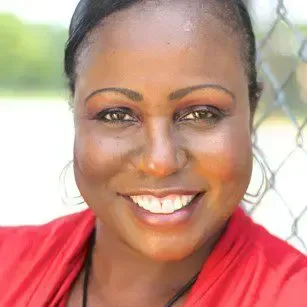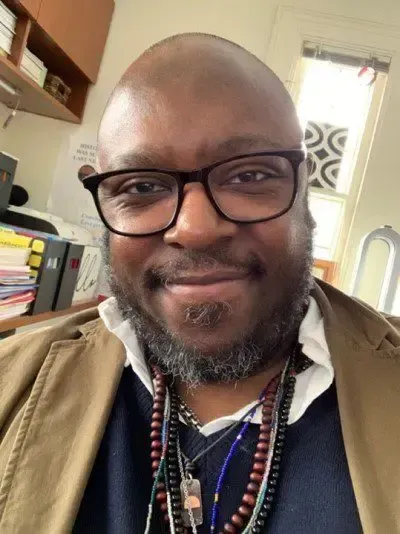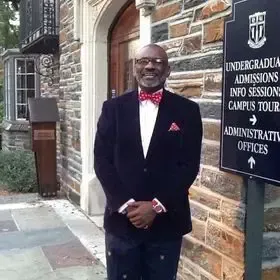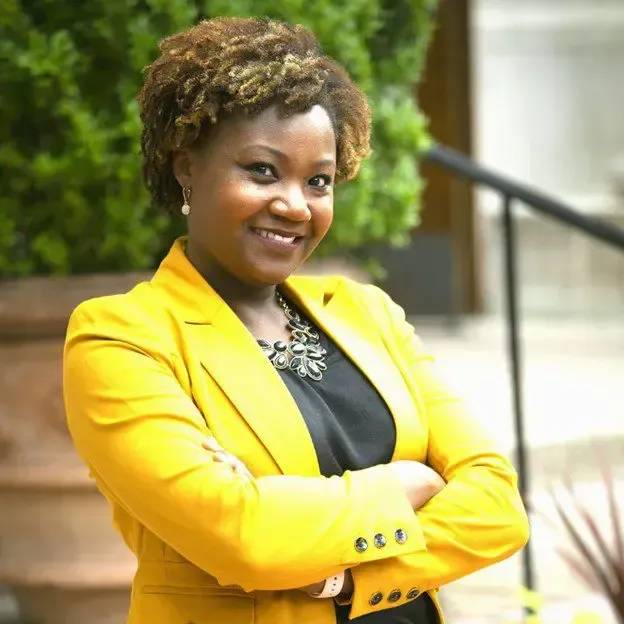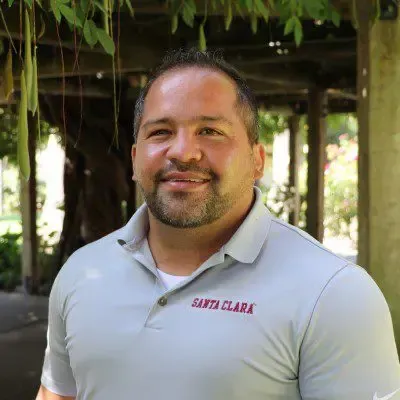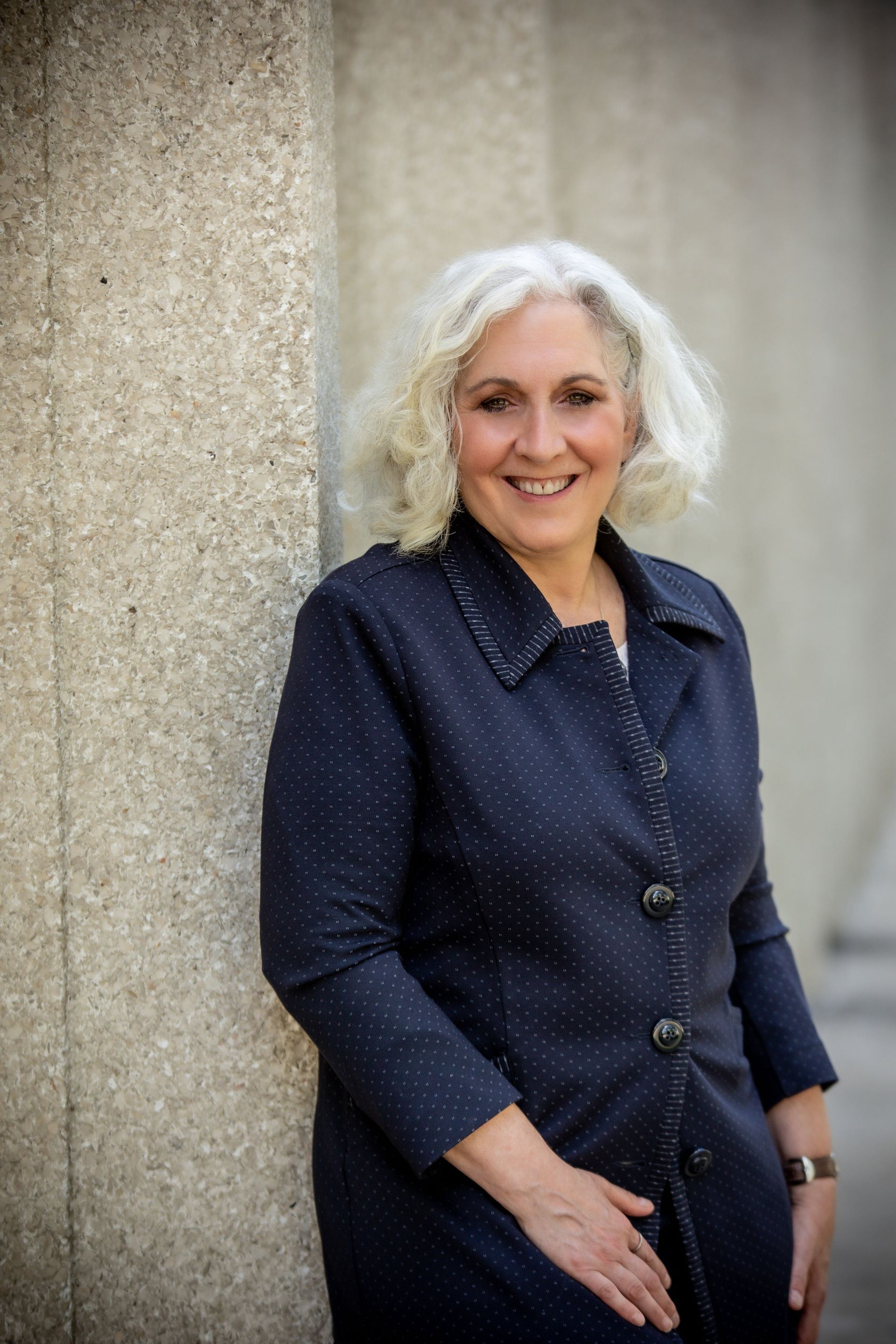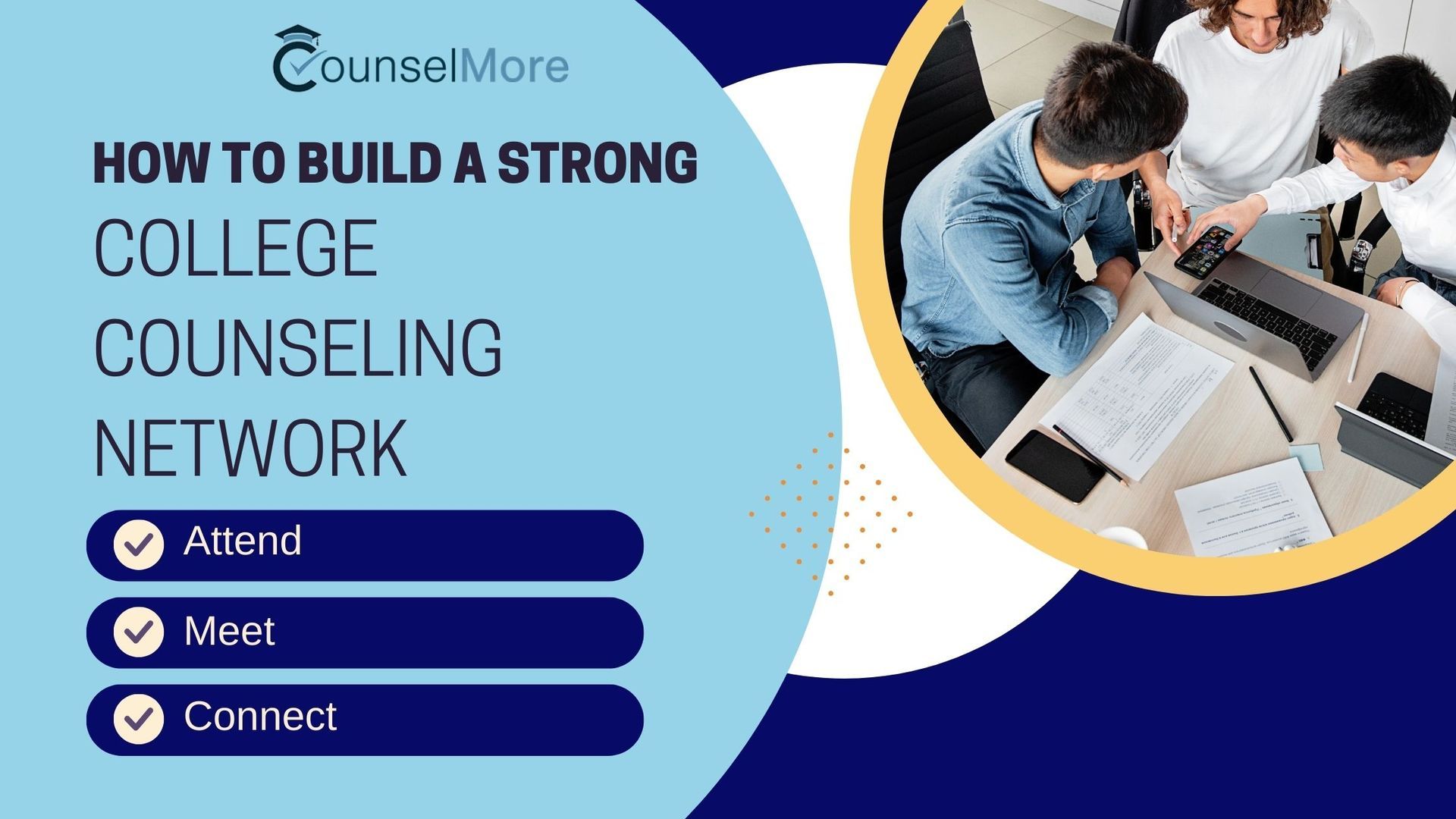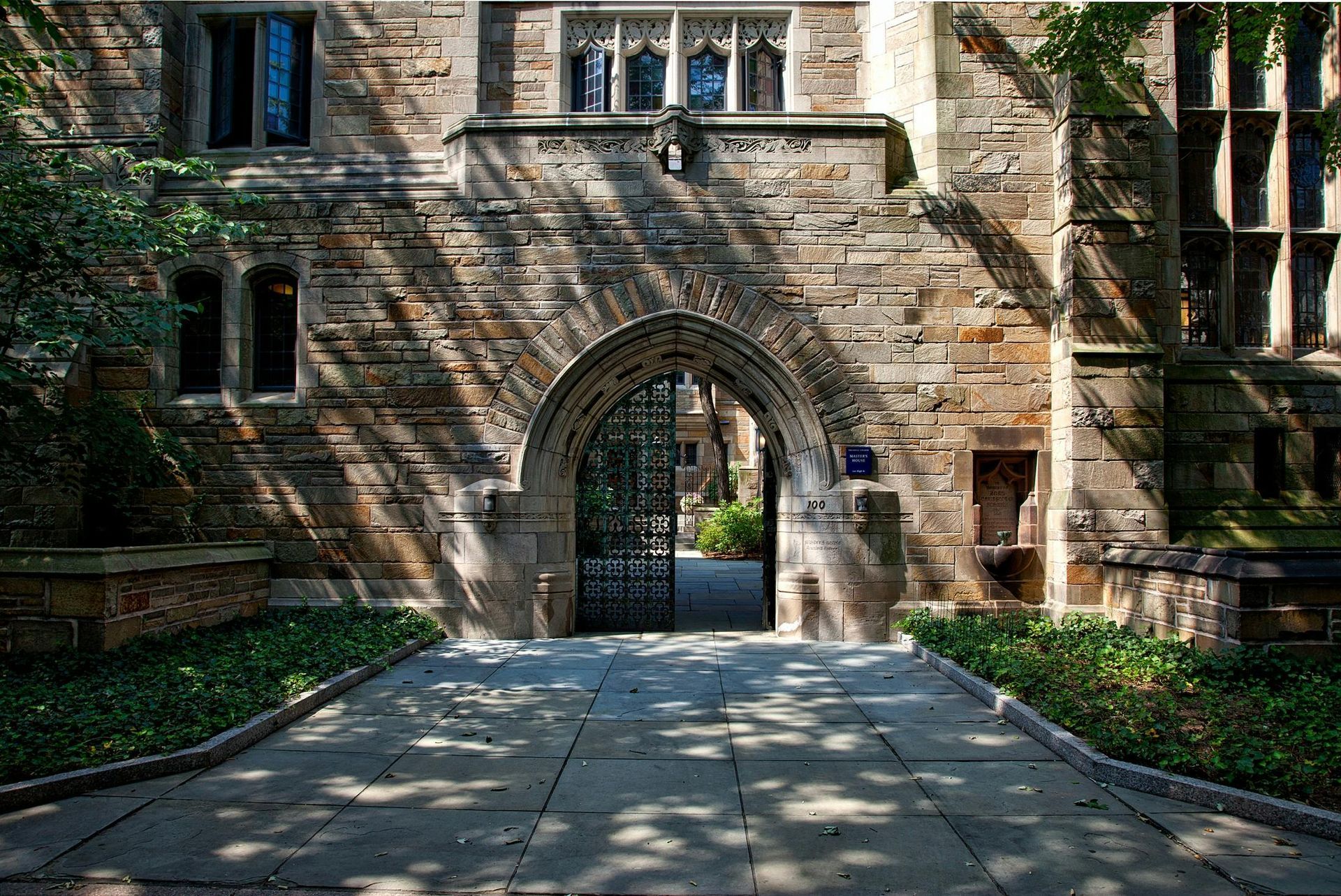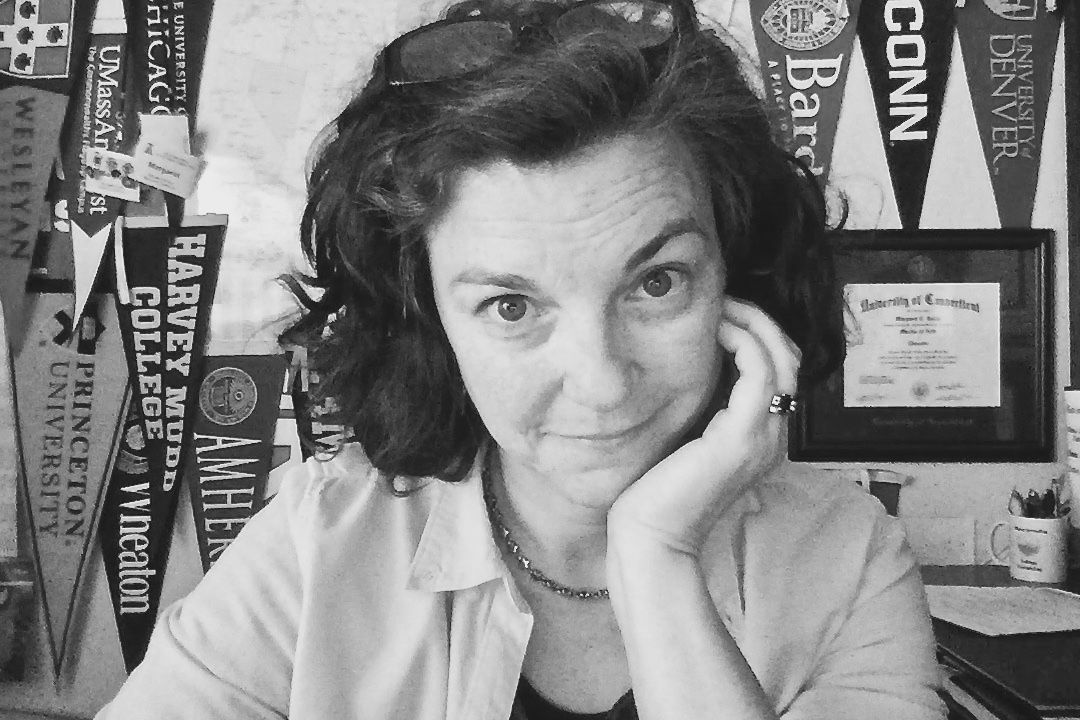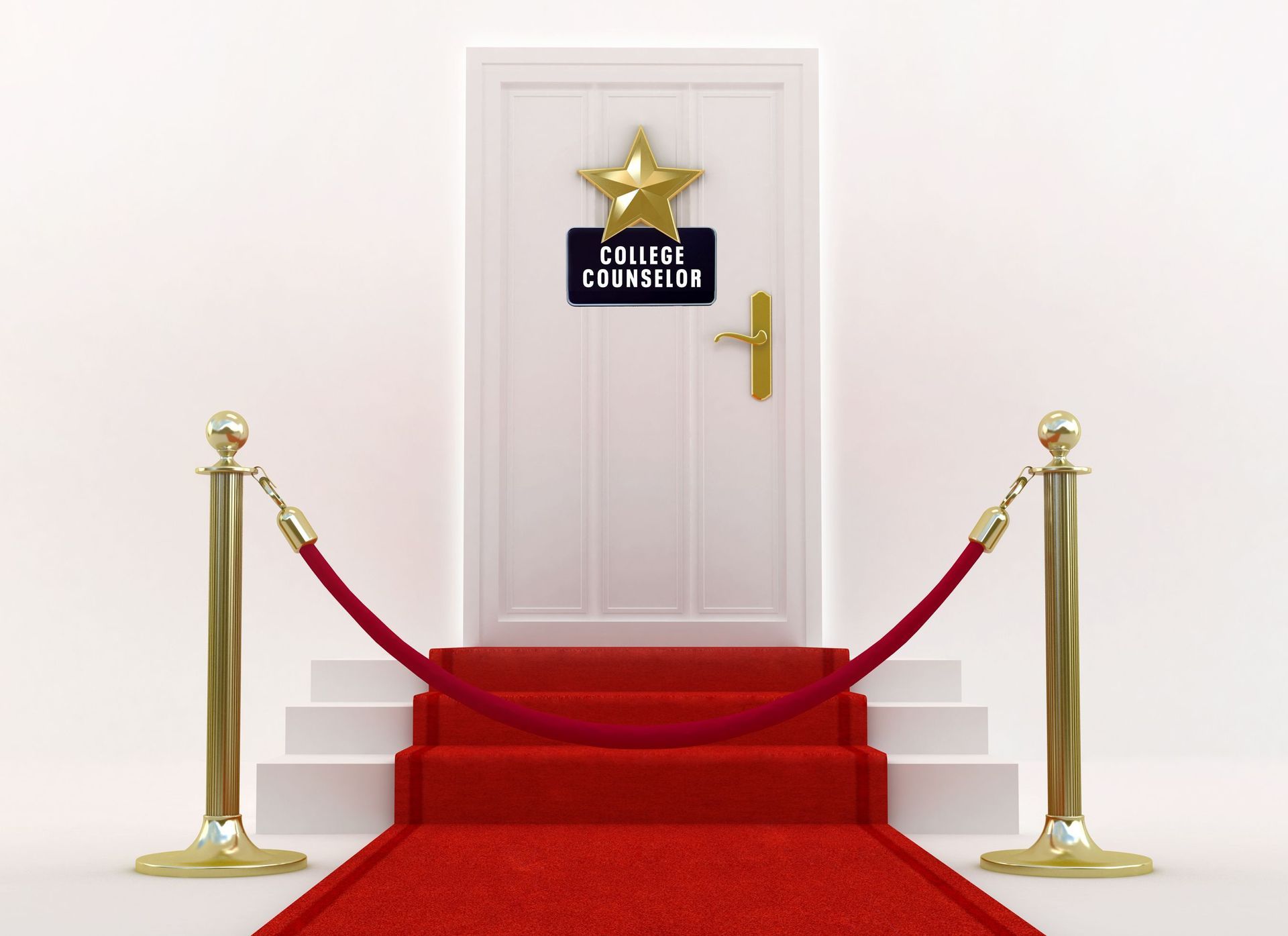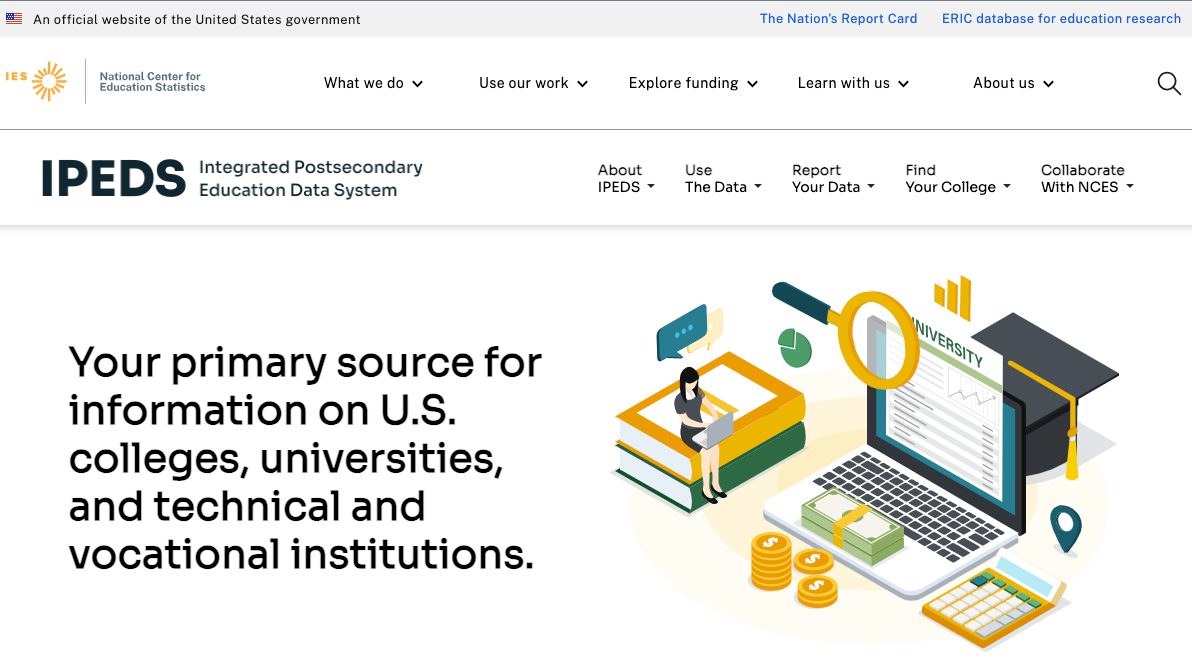I've been in this business since 2009, and I asked that question all the time. I contact an admissions person once a week.
That helps Wow stay up-to-date on college essays (changes in the prompts, new supplements, what’s coming up in the next season/). I check in with admissions folks from the Ivies, super selective publics, small liberal arts schools, some large and some small institutions.
Admissions officers tell us exactly what they want in the essays. And you know what? That hasn’t changed since we launched Wow in 2009.
No matter the type of college essay, or whether it’s 50 or 650 words, college admissions officers want to read focused, meaningful narratives that:
Answer the prompt
Are written by the student
Demonstrate insight into who the student is beyond grades, scores, and accomplishments
That’s it. That’s always been it! And that’s what we teach our students to do.
This blog features some of our favorite tips from a few amazing admissions folks. Find out how you can become a college essay expert here.
I was at a meeting of college admission officers in Salt Lake City when I had a most engaging chat with
Duke University’s Dean of Admissions Christoph Guttentag. He’s been inside the admissions world for so long he’s seen and read every type of essay.
He told me he would like students to just answer the questions, rather than write beautiful prose that sounds good but does not share much in a college admissions essay. He and I had been chatting about all the misinformation on the Internet, inside the schools and elsewhere about the essay when he shared this insight.
After I told him I was a journalist before starting this company with my business partner, Susan Knoppow, he shared that he has an ongoing disagreement with his wife (also a journalist) about the college essay.
His wife tells him college admissions essays should resemble gorgeous prose, but Guttentag is firm. This is not the place for gorgeous prose. In fact, he just wants the students to write the essays themselves – and show some reflection.
“Students are often so focused on writing beautiful pieces of prose that they fail to answer the question and do not write authentic, meaningful personal statements,” he said. “The hook gets in the way; the writing gets in the way.”
I like to talk to college admissions officers like Guttentag to get insight into the essay and its role inside the complex and competitive admissions field. Over the years, I have discovered that whether admissions officers work at large, small, public, private or Ivy schools, they want the same thing, no matter how they use them.
And what is that?
Admissions want reflective stories written by the student, in the voice of a 17-year-old student.
As many of you already know, colleges use essays to find out if a student is compatible with the educational environment on their campus. But it goes deeper than that. They want to know how a student thinks, what they’ve learned, how they’ve grown. Will they add value to the campus? Will they fit in? The essay provides college admissions officers with additional insight to help them make admissions decision.
Your job is to help your students write application essays that colleges will want to read to help them make an impression about you on their application readers and decision makers.


